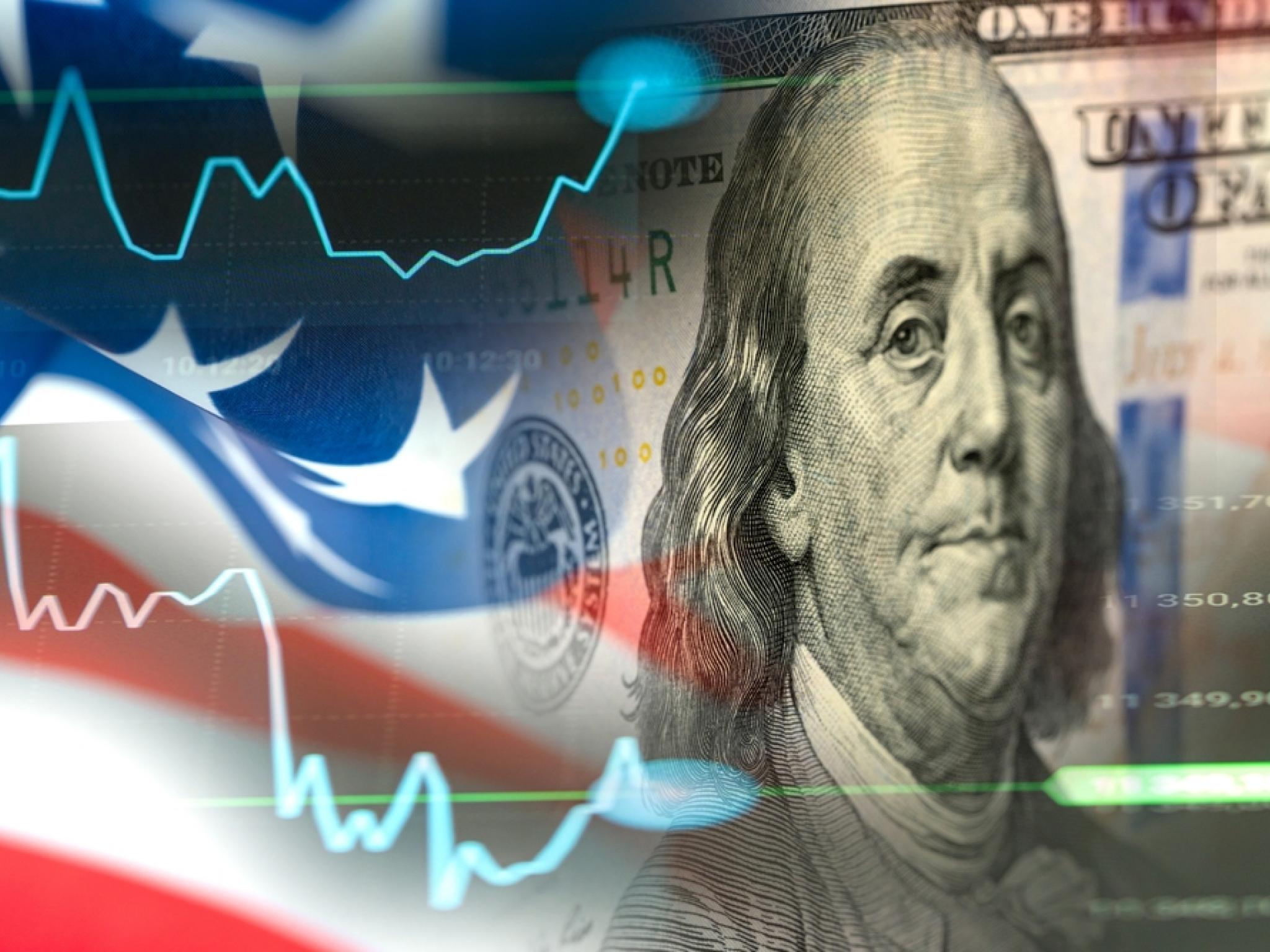Economists Endorse September Fed Rate Cut As Inflation Falls To March 2021 Level: 'The Policy Mistake Has Already Been Made'
Author: Piero Cingari | June 28, 2024 11:46am
Economists have broadly welcomed the latest key piece of inflation data, with the Personal Consumption Expenditure (PCE) price index — commonly referred to as the Fed’s favorite measure of inflation — dropping to a 2.6% year-on-year rate in May 2024, its lowest level since March 2021.
This decline signals significant progress in the Federal Reserve’s efforts to bring inflation closer to its 2% target, opening the door for interest rate cuts by year-end.
Following the release, the futures market currently predicts a 52 basis point reduction in the fed funds rate by December 2024, effectively pricing in two rate cuts, with a 68% probability that the first cut could happen as early as September.
Here is how economists and market experts interpreted Friday’s inflation data release.
‘They Will Be Late Again’
James Thorne, chief market strategist at Wellington-Altus, highlighted the 0% monthly change in PCE, indicating stagnant price pressures.
He criticized the Fed for focusing on lagging data and suggested that it is already late in adjusting rates. “By definition, they will be late again,” he stated, adding “the policy mistake has already been made.”
According to the expert, the Fed should have already started cutting rates to achieve its long-term interest rate target of 2.5% as monetary policy works with at least 18-month lag.
He mockingly remarked that some Fed officials continue to threaten with more rate hikes, stating, “Clearly, many Fed officials are way over their skis.”
Thorne also questioned the perceived strength of the consumer market, citing daily disappointing reports from consumer discretionary companies like Nike Inc. (NYSE:NKE), Levi Strauss & Co. (NYSE:LEVI), and Walgreens Boots Alliance (NASDAQ:WBA), suggesting that “the real world is not supporting Wall Street thesis.”
Jeffrey Roach, chief economist for LPL Financial, said the soft inflation data supports the case for the Fed to start cutting rates in the coming months. He emphasized the importance of the labor market and suggested that attention should now shift to the upcoming nonfarm payroll release for further insights.
Bill Adams, chief economist for Comerica Bank, highlighted that “Supercore PCE inflation,” which excludes energy services and housing, slowed to 3.4% year-over-year, indicating that “this is the kind of good data that will persuade the Fed that inflation is heading back to normal.”
Comerica forecasts an initial quarter percentage point rate cut in September, followed by another in December.
Jennifer Lee, economist at BMO, described the PCE data as “probably the best one can expect,” giving the Fed more comfort on their path to easing policy.
She recognized some softening in services spending but pointed out that consumers are still spending on discretionary items like recreational goods and services. Lee expects the Fed to start easing policy in September.
Robin Brooks, managing director and chief economist at the IIF, highlighted that the low core PCE reading for May underscores how start-of-year price resets had exaggerated inflation figures earlier in 2023 and 2024. He stated that underlying inflation is now back to the Fed’s target.
Read Now:
• Bank of America Analyst Highlights Fed Stress Test Opacity, Varying Bank Impacts: ‘Goldman Sachs Worst Hit, Huntington Best’
Photo: Shutterstock
Posted In: LEVI NKE WBA





